Invited Speakers of ICCSN2026

Prof. Mohd Nazri Bin Ismai, National Defence University of Malaysia, Malaysia
Biography: Prof. Dr. Mohd Nazri became Lecturer at
National Defence University of Malaysia. Prof. Dr. Mohd Nazri Ismail had a
deep involvement in computer network research and was awarded the
prestigious “Educator Award 2009 – R&D/Education category” by MARA
(Malaysia Agency). He has supervised Ph.D. and Master Students and
teaching at undergraduate and post graduate level. Assoc. Prof. Dr. Mohd
Nazri Ismail has published more than 100 papers in national and
international journals (indexed ISI, SCOPUS, IET) and IEEE conferences.
He has attended many international conferences throughout the world and
has chaired many technical sessions. He has appointed as Technical Program
Committee and organized more than 60 national and international
conferences. He has appointed as Editorial Board member more than 90
international journals and 40 international reviewer panels
(journal/proceeding). Awards and laurels won by Assoc. Prof. Dr. Mohd
Nazri Ismail run into volumes and he has received 28 awards in
R&D/Education. Assoc. Prof. Dr. Mohd Nazri Ismail is an International
Association of Engineers (IAENG), IEEE Cloud Computing Community, Society
of Digital Information and Wireless Communications (SDIWC), International
Association of Engineers and Scientists (IAEST), Universal Association of
Computer & Electronics Engineers (UACEE).

Biography: Paulo Batista is PhD Researcher at CIDEHUS.UÉ-Interdisciplinary Center for History, Cultures and Societies of the University of Évora, Portugal, where is the coordinator of the research group 2: Heritage and Literacies. Currently works as a higher technician in the Municipal Archives of Lisbon, and professor at the Autonomous University of Lisbon, where is coordinator and professor of the Postgraduate in Promotion and Cultural and Educational Dynamization of Archives and Libraries, and the Postgraduate in Architectural Archives. He has lectured in the MS program in Information Science and Documentation at Universidade NOVA de Lisboa and has held senior technician positions at the Portuguese Institute of Cultural Heritage, the Portuguese Institute of Architectural Heritage, and the Torre do Tombo Archives. He has also worked as researcher at the Center for the Study of History and Ancient Cartography of the Institute of Tropical Scientific Research. Paulo Batista holds a Ph.D. in Documentation (University of Alcalá, Madrid-UAH), an MS in Information Science and Documentation - Archival Studies (UNL), and an MA in Documentation (UAH). As part of his doctorate, he also received a Diploma of Advanced Studies in Bibliography and Documentation Retrospective in Humanities (UAH), and he also holds a postgraduate degree in Information Society Law (University of Lisbon) and Information and Documentation Science - Librarianship and Archival Studies (UNL), and a specialization in Good Practices in Patrimonial Management (UNL) and Information Science and Documentation - Archival Studies (UNL). He holds an undergraduate degree in History (University of Lisbon). Paulo Batista is the author of several books and about 90 papers published in international journals and conference proceedings. He was also keynote speaker and invited speaker at various international conferences (Portugal, Argentina, Belgium, Brazil, China, Ecuador, Egypt, England, Fiji, France, India, South Africa, Thailand, Türkiye and South Korea). More information: https://www.cienciavitae.pt//0618-CE7B-7145
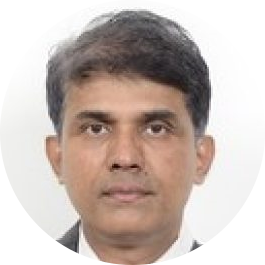
Biography: K. VIVEKANANDA BHAT (Senior Member,
IEEE) received the Ph.D. degree in computer science and engineering from
IIT Kharagpur, India, and the M.Tech. degree in systems analysis and
computer applications from the National Institute of Technology Karnataka,
Surathkal, India. He is currently an Additional Professor with the School
of Computer Engineering, Manipal Institute of Technology, Manipal Academy
of Higher Education, Manipal, India. He has published several articles in
reputed journals and conferences. His research interests include quantum
computing and cyber security.
https://researcher.manipal.edu/en/persons/vivekananda-k-bhat/
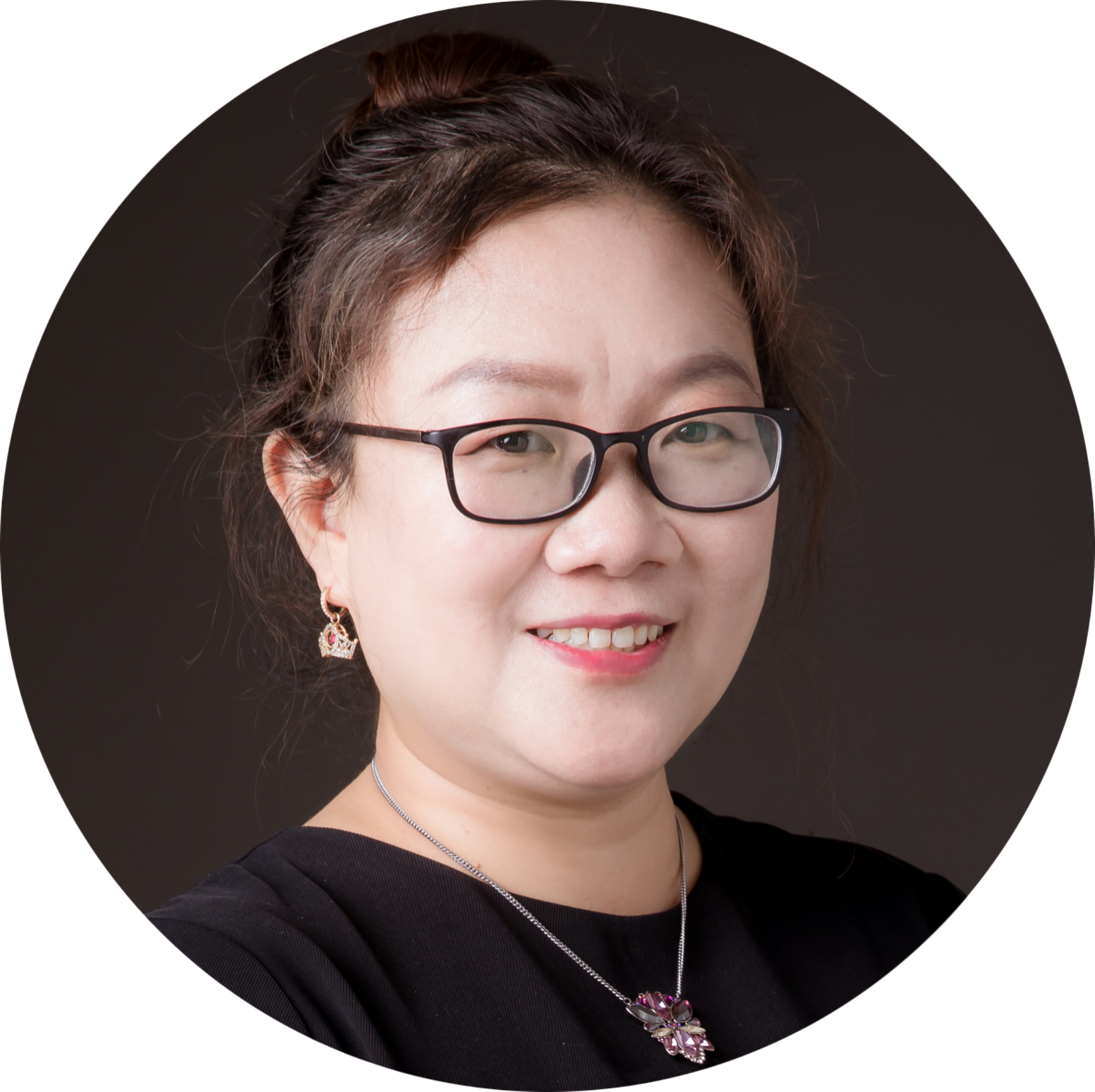
Biography: Dr. Liwei Yang, professor of China Agricultural University. She received the B.E. degree in Telecommunication Engineering from Chongqing University of Posts and Telecommunications, China, and the Ph.D. degree in Information and Communications Engineering from Beijing University of Posts and Telecommunications, China. From 2009 to 2011, she was a Postdoctoral Research Fellow with the Department of Electronic Engineering, Tsinghua University, China. In 2015, she joined the faculty of the College of Information and Electrical Engineering, China Agricultural University. Her research interests include optical networks, optical wireless communications and visible light communication. She participated in a number of national projects and published more than 100 papers. She served as a TPC member of several international academic conferences and a reviewer for several international journals.
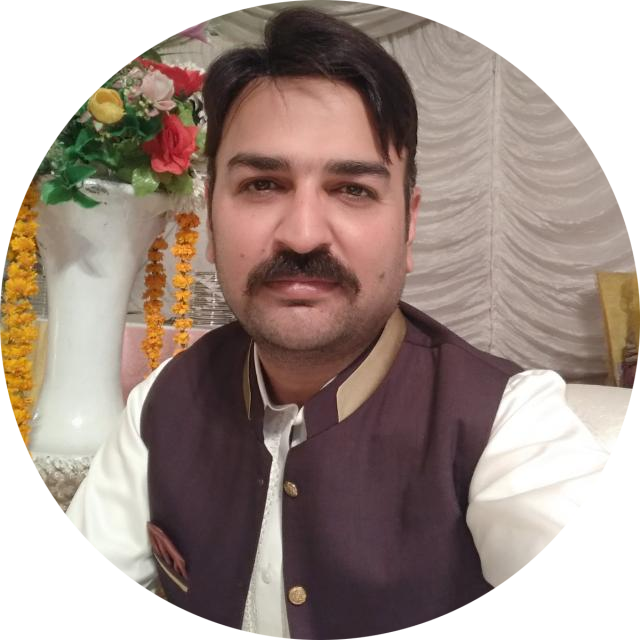
Assoc. Prof. Syed Mushhad Mustuzhar Gilani
University of Agriculture, Pakistan
Biography: Dr. Syed Mushhad Mustuzhar Gilani is an Associate Professor in the Department of Computer Science at the University of Agriculture, Faisalabad, Pakistan. He also serves as an Associate Senior Tutor, Postgraduate Research Advisor, and Convener of several institutional and academic committees, contributing actively to academic leadership, curriculum development, and quality assurance. Previously, Dr. Gilani served as an Assistant Professor in Computer Science and Postgraduate Research Advisor at PMAS-Arid Agriculture University, Rawalpindi, where he played a key role in strengthening postgraduate research culture, mentoring young researchers, and enhancing academic standards. Dr. Gilani earned his PhD in Computer Science from the School of Computer Science, Chongqing University of Posts and Telecommunications, China. He has an extensive research profile with extensive publications in well-reputed international journals and conferences, reflecting both theoretical depth and practical relevance. He has successfully supervised numerous MS and PhD research projects and remains actively engaged with the international academic community. Dr. Gilani has served as a keynote speaker, invited speaker, and session chair at multiple national and international conferences. He also contributes as a reviewer and technical committee member for high-impact journals and prestigious conferences, supporting rigorous peer review and scholarly dissemination.
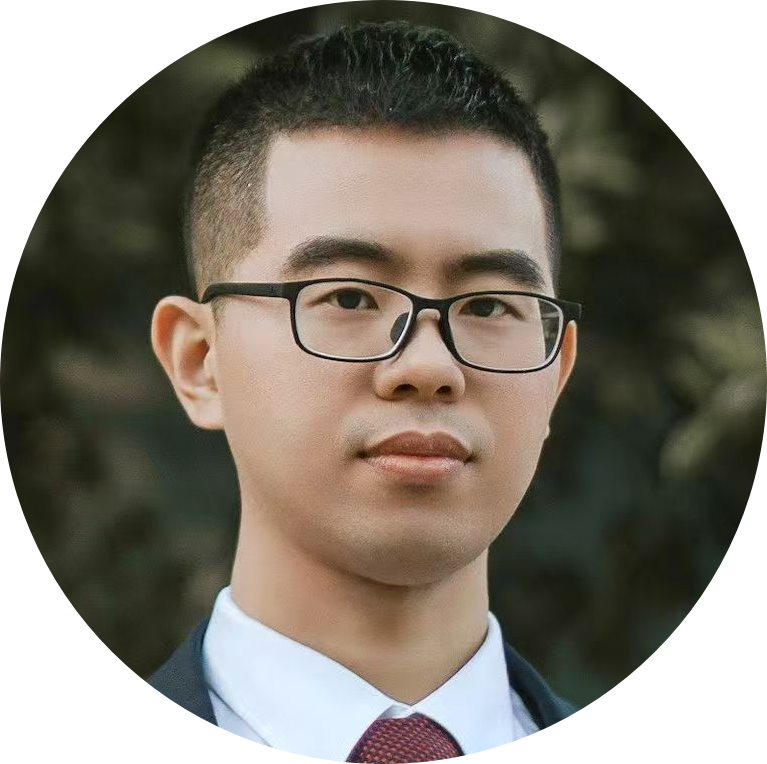
Biography: Changsheng You (Member, IEEE) received the B.Eng. degree from the University of Science and Technology of China (USTC) in 2014 and the Ph.D. degree from The University of Hong Kong (HKU) in 2018. He was a Research Fellow at the National University of Singapore (NUS). He is currently an Assistant Professor with the Southern University of Science and Technology. His research interests include near-field communications, intelligent reflecting surfaces, UAV communications, edge computing, and learning. He received the IEEE ComSoc Leonard G. Abraham Prize in 2025, IEEE ComSoc Best Tutorial Paper Award in 2023,IEEE ComSoc Best Survey Paper Award in 2021, and the IEEE ComSoc Asia–Pacific Region Outstanding Paper Award in 2019. He was a Clarivate Highly Cited Researcher in 2024-2025 and the IEEE ComSoc Asia-Pacific Best Yong Research Award in 2024. He is an Editor of IEEE TRANSACTIONS ONWIRELESS COMMUNICATIONS, IEEE TRANSACTIONS ON MOBILE COM-PUTING, IEEE COMMUNICATIONS LETTERS, IEEE TRANSACTIONS ONGREEN COMMUNICATIONS AND NETWORKING, and IEEE OPEN JOURNAL OF THE COMMUNICATIONS SOCIETY.
Invited Speakers of ICCSN2025
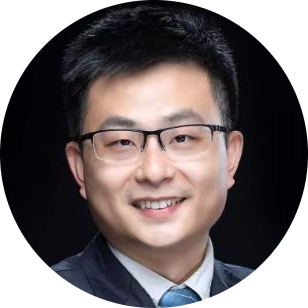 |
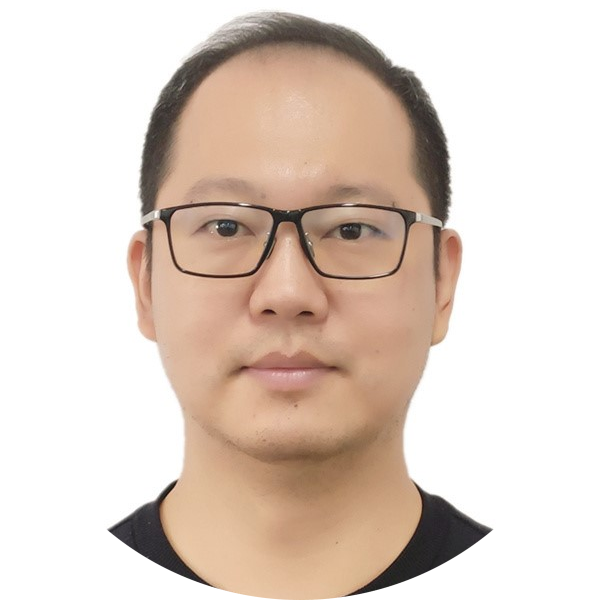 |
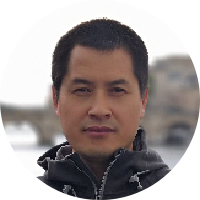 |
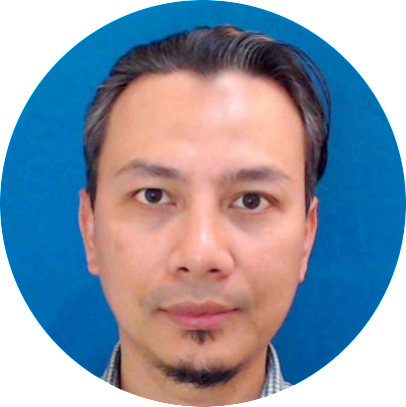 |
 |
Prof. Feng Yin, The Chinese University of Hong Kong, Shenzhen, China |
Prof. Ning Wang, Zhengzhou University, China |
Prof. Qinghua Luo, Harbin Institute of Technology (Weihai), China |
Prof. Dr. Mohd Zulfaezal Che Azemin, International Islamic University Malaysia, Malaysia |
Prof. Mohd Nazri Bin Ismai, National Defence University of Malaysia |
 |
 |
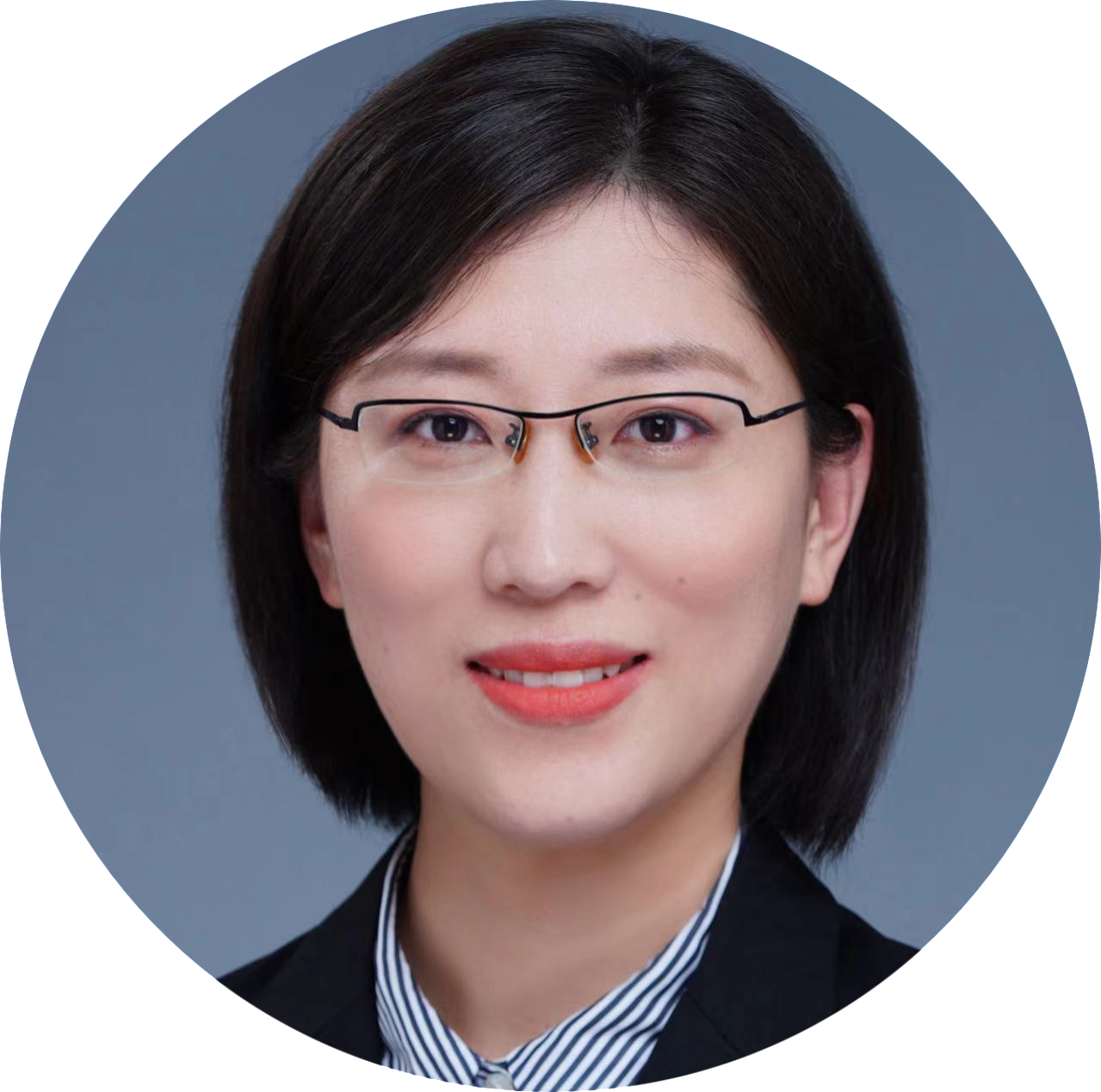 |
 |
 |
Prof. Paulo Batista, University of Évora, Portugal |
Assoc. Prof. Na Li, Beijing University of Posts and Telecommunications, China |
Assoc. Prof. Shiying Han, Nankai University, China |
Assoc. Prof. Yang Yang, Shandong University, China |
Assoc. Prof. Xiaoxuan Wang, Beijing Jiaotong University, China |
 |
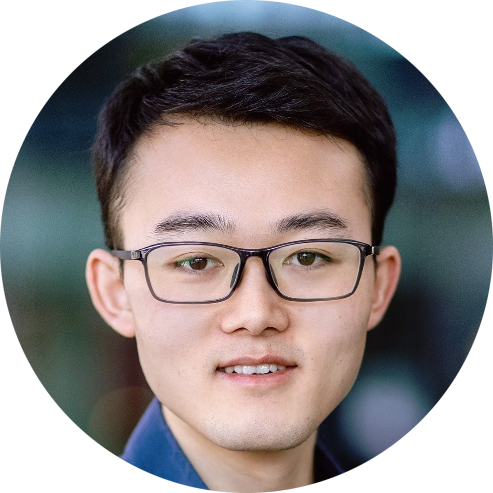 |
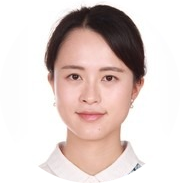 |
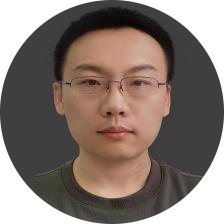 |
 |
Assoc. Prof. Syed Mushhad Mustuzhar Gilani, University of Agriculture, Pakistan |
Assoc. Prof. Bitao Pan, Beijing University of Posts and Telecommunications, China |
Assoc. Prof. Yingyang Chen, Jinan University, China |
Assoc. Prof. Jiazhi Ma, National University of Defense Technology, China |
Senior Engineer Dr. Dongdong Wang, 54th Research Institute of China Electronics Technology Group Corporation, China |
 |
 |
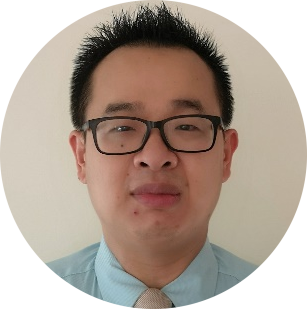 |
||
Lecturer Kaitao Meng, University of Manchester, UK |
Dr. Kai Li, CISTER Research Unit at ISEP/IPP, Portugal |
Dr. Zichao Li, Canoakbit Alliance / University of Waterloo, Canada |